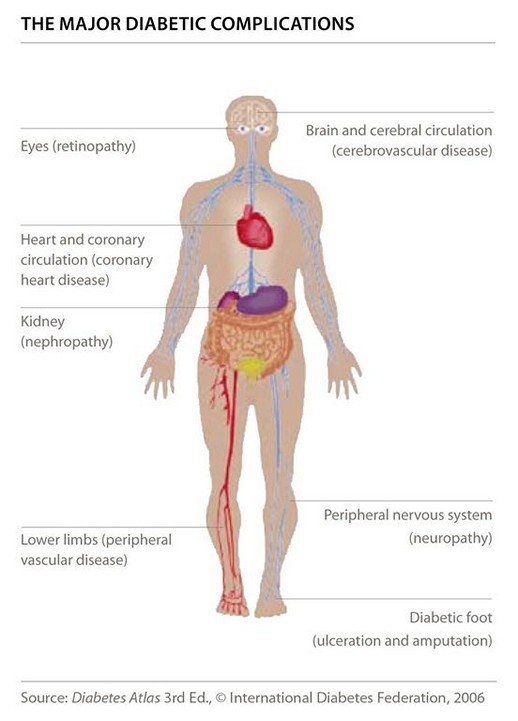What is Surgery for Diabetes
Diabetes Surgery in the news
INTERNATIONAL DIABETES FEDERATION (IDF) OPINION
These are the most relevant notions that have been subtracted from the full report:
- Type 2 Diabetes and Obesity are very serious and chronic conditions associated with complex metabolic dysfunctions, increasing the risk for mortality and morbidity.
- There has been a huge rise in the prevalence of diabetes and obesity, becoming a major global public health issue. It demands urgent attention from the medical community, health care systems, and Governments.
- Bariatric surgery is the appropriate treatment for patients with obesity and Type 2 Diabetes and who have not achieved their treatment targets with medical therapies only – particularly when there are other important co-morbidities.
- For patients with Type 2 Diabetes and a BMI of 35 or over, surgery could be the accepted option.
- For patients with a BMI between 30 and 35, surgery could be an alternative treatment option when diabetes cannot be efficiently controlled by an optimal medical regimen, particularly if there are risk factors for major cardiovascular disease.
- In Asian and other ethnicities where there is an increased risk, BMI action points could be reduced by 2.5 kg/m2. The mortality and morbidity associated with bariatric surgery is very low, similar to that of other accepted procedures such as gall stone surgery and elective gall bladder surgery.
- The bariatric surgery for Type 2 Diabetes has to be performed within the accepted national and international guidelines. This requires the following: proper assessment for the procedure, ongoing and extensive multidisciplinary care, thorough patient education, follow-up and clinical audit, in addition to effective and safe surgical procedures.
Further research is required in order to maximise the future and ongoing use of bariatric surgery as a therapeutic modality for Type 2 Diabetes.

